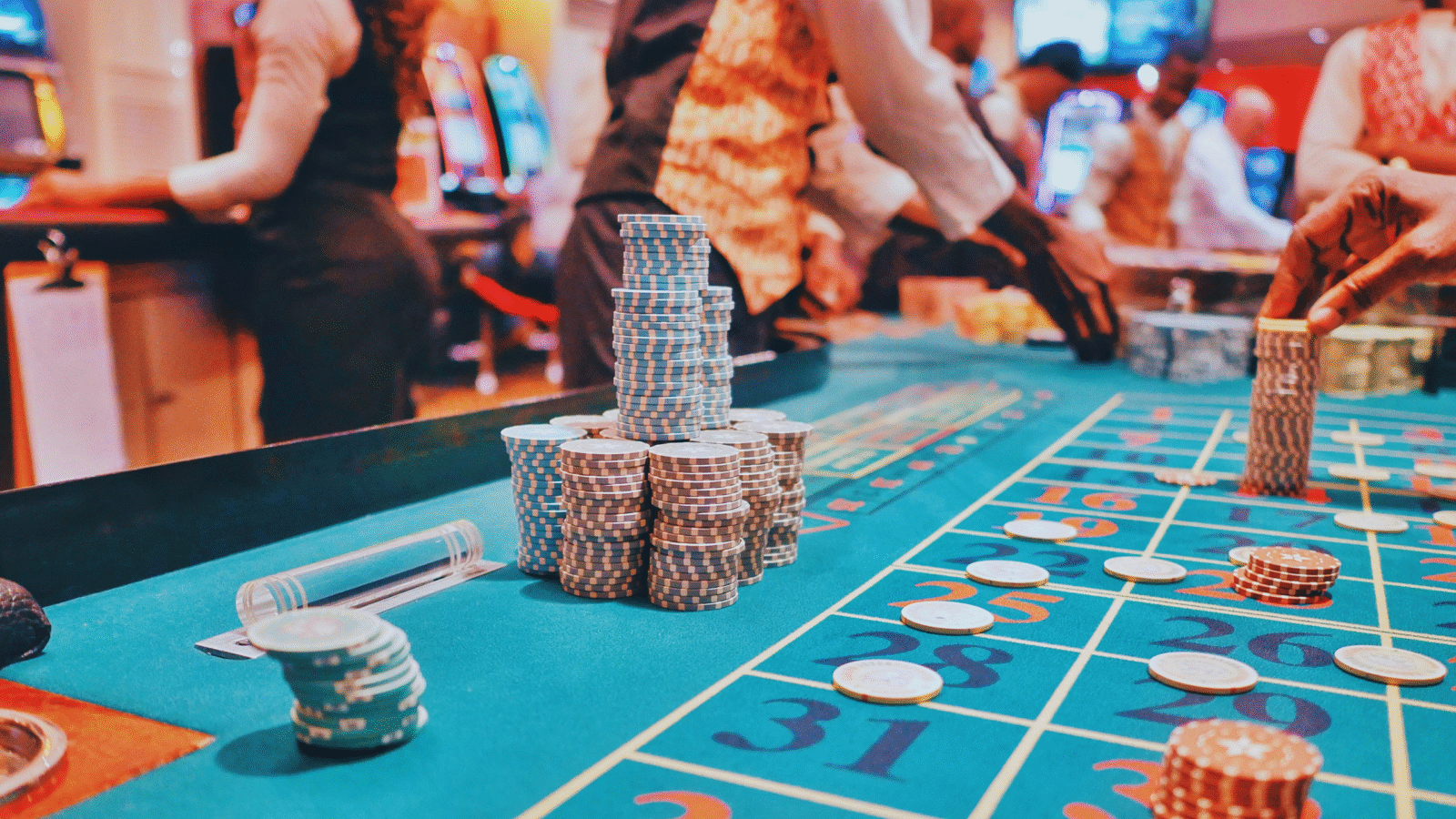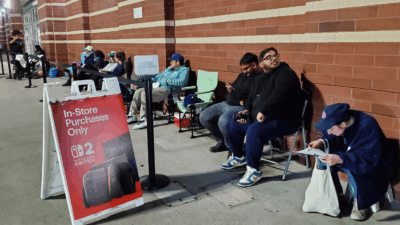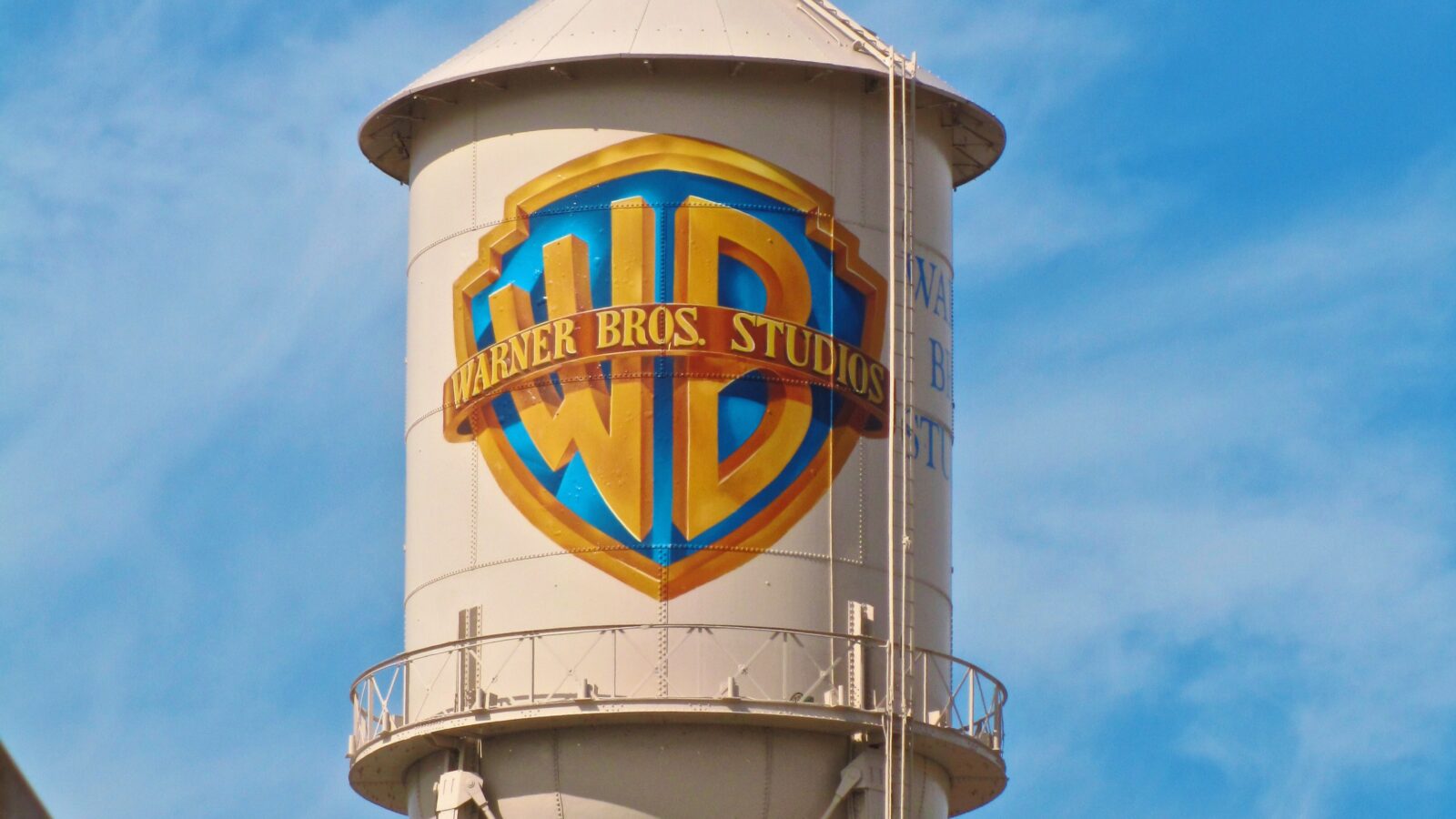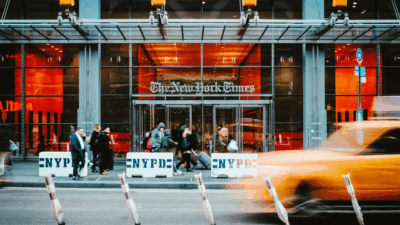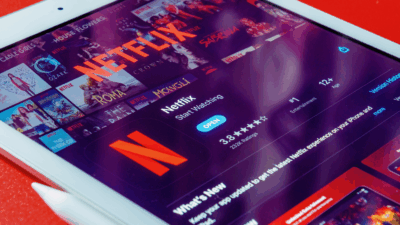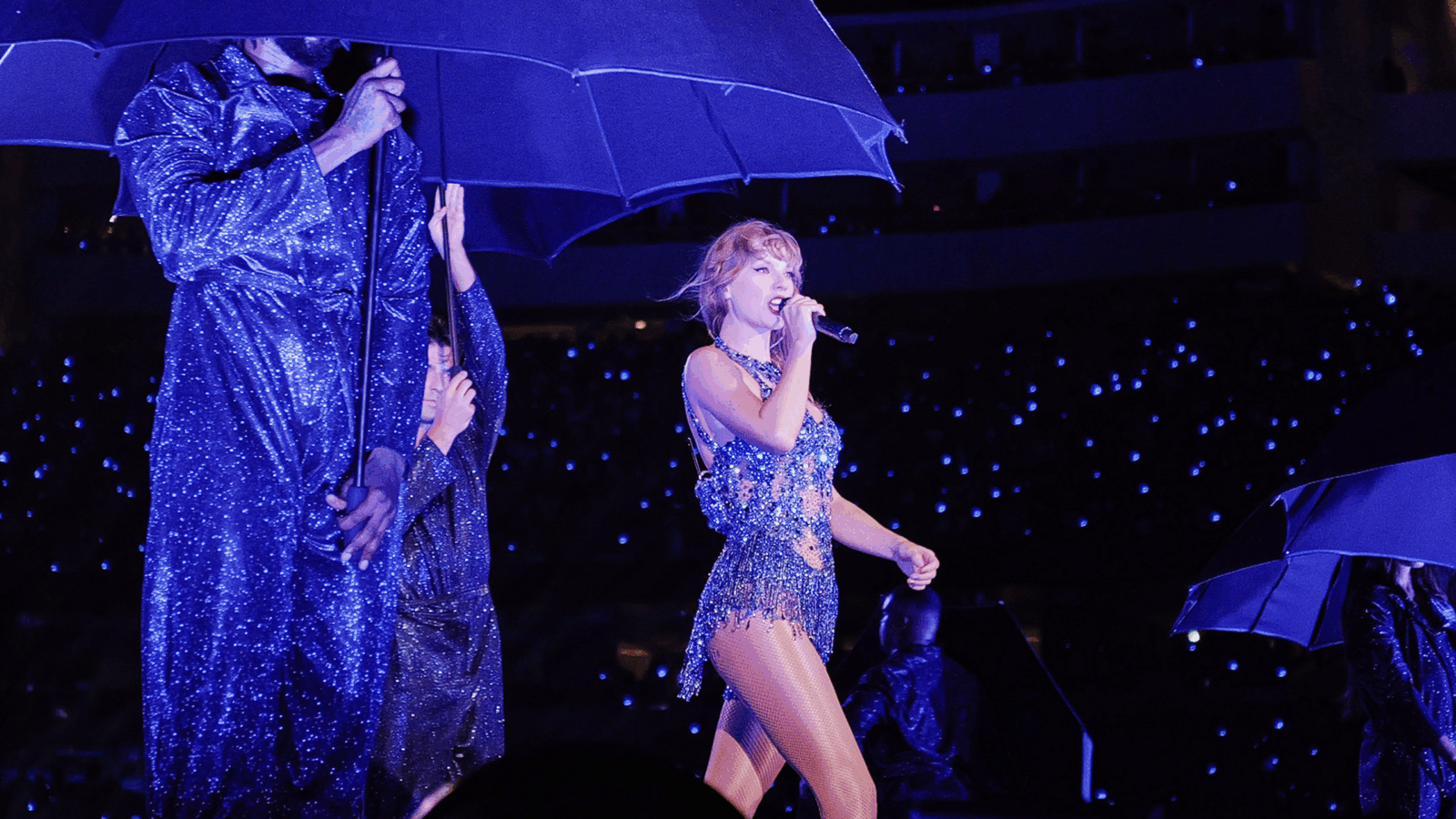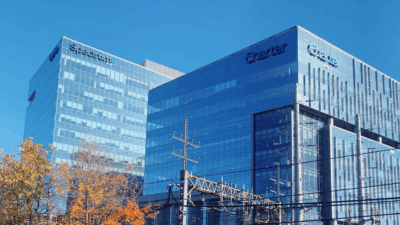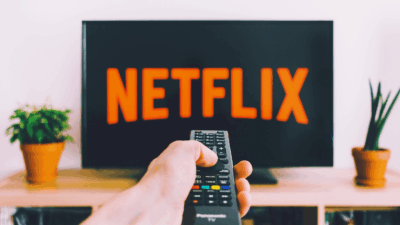
Sign up for smart news, insights, and analysis on the biggest financial stories of the day.
Imagine your favorite sports team was banned from selling tickets and merchandise, banned from re-signing some of its best players, banned from signing new players, and given an allowance so stiff it might not be able to afford to get to its next road game.
For one fanbase, that horrifying and once implausible scenario became all too real Thursday courtesy of the latest dramatic sanctions against Russian oligarchs. Welcome to Chelsea, the seventh most valuable soccer team in the world.
The Champions (Out of Their) League
London-based Chelsea spent much of the 1970s and 80s in financial crisis, only to regain footing in the 90s as a good, but not great, side in the top-flight English Premier League. It wasn’t until 2003 — when the team was bought by Roman Abramovich, a billionaire Russian oligarch and alleged friend of Russian President Vladimir Putin, for £140 million ($183 million) — that it became a global powerhouse.
Abramovich poured hundreds of millions into the squad, sparing no expense on superstar players and celebrity managers. Chelsea went on to win 19 major trophies, including five Premier League titles, and the club is now worth an estimated £3.2 billion ($4.2 billion). But after Putin ordered an unprovoked invasion of Ukraine last month, Abramovich announced under intense public pressure that he will sell Chelsea. On Thursday, the UK government threw a giant wrench in those plans:
- The UK froze Abramovich’s assets, including Chelsea, and issued the team a special license to operate with severe restrictions that include no more ticket and merch sales and no signing of player contracts.
- The team’s captain Cesar Azpilicueta and best defender Antonio Rüdiger are set to be free agents this summer, and rival club Arsenal is starting to look like a more enviable destination by the minute.
Hope They Don’t Mind 42B: Chelsea is also barred from spending over £20,000 on away games and may have to put players on commercial flights to get them to a game in France next week. British sports consultant Hugo Scheckter, who used to work for Premier League team West Ham United, said a typical away game in England — with travel, security, food, and hotel costs — sets a team back about £30,000.
Phoning It In: The Guardian reported some players fear Chelsea could enter bankruptcy proceedings. Three, the UK telecom giant and the club’s biggest sponsor, suspended its relationship with the team Thursday and asked to have its logo removed from club kits.
